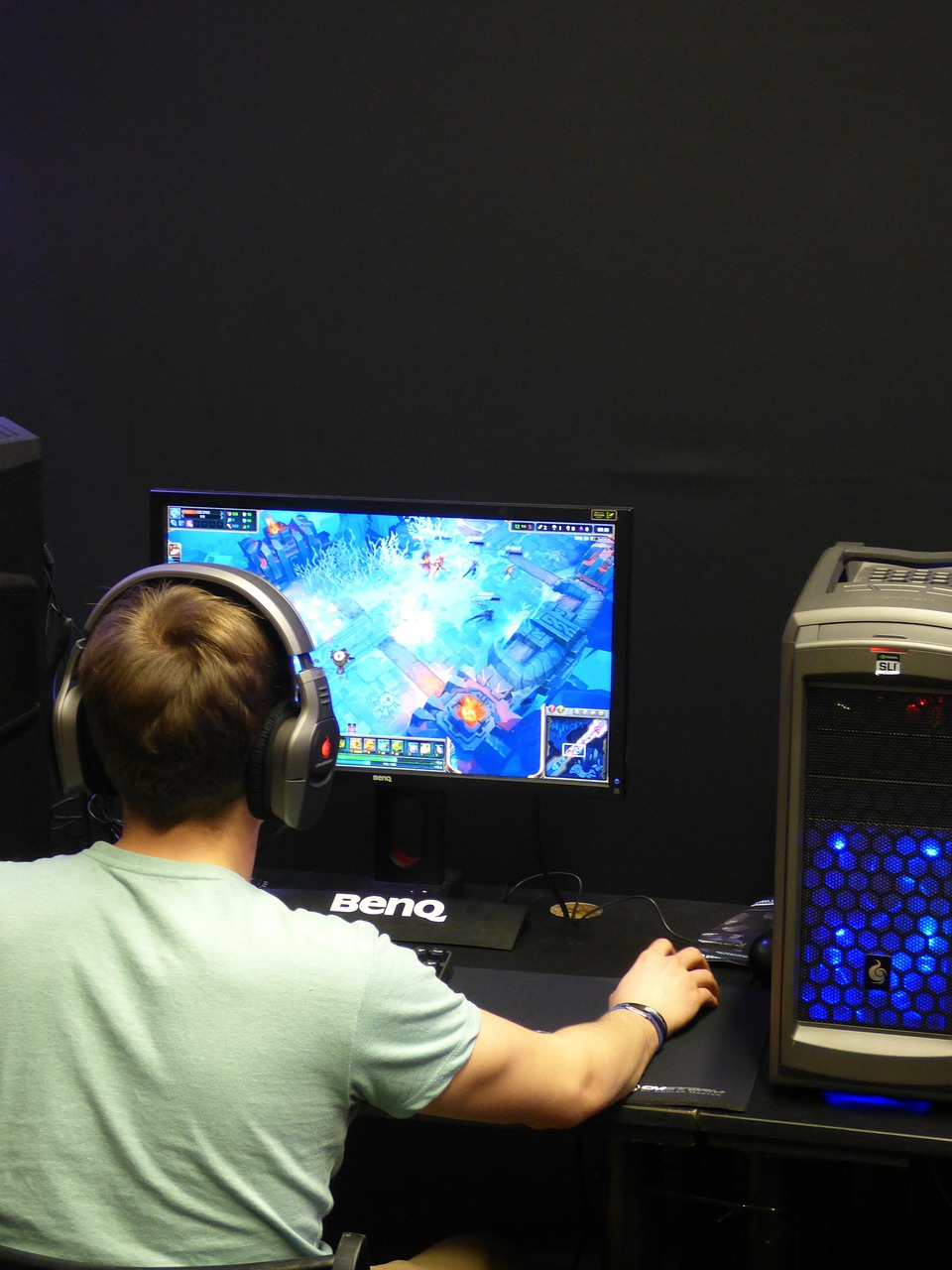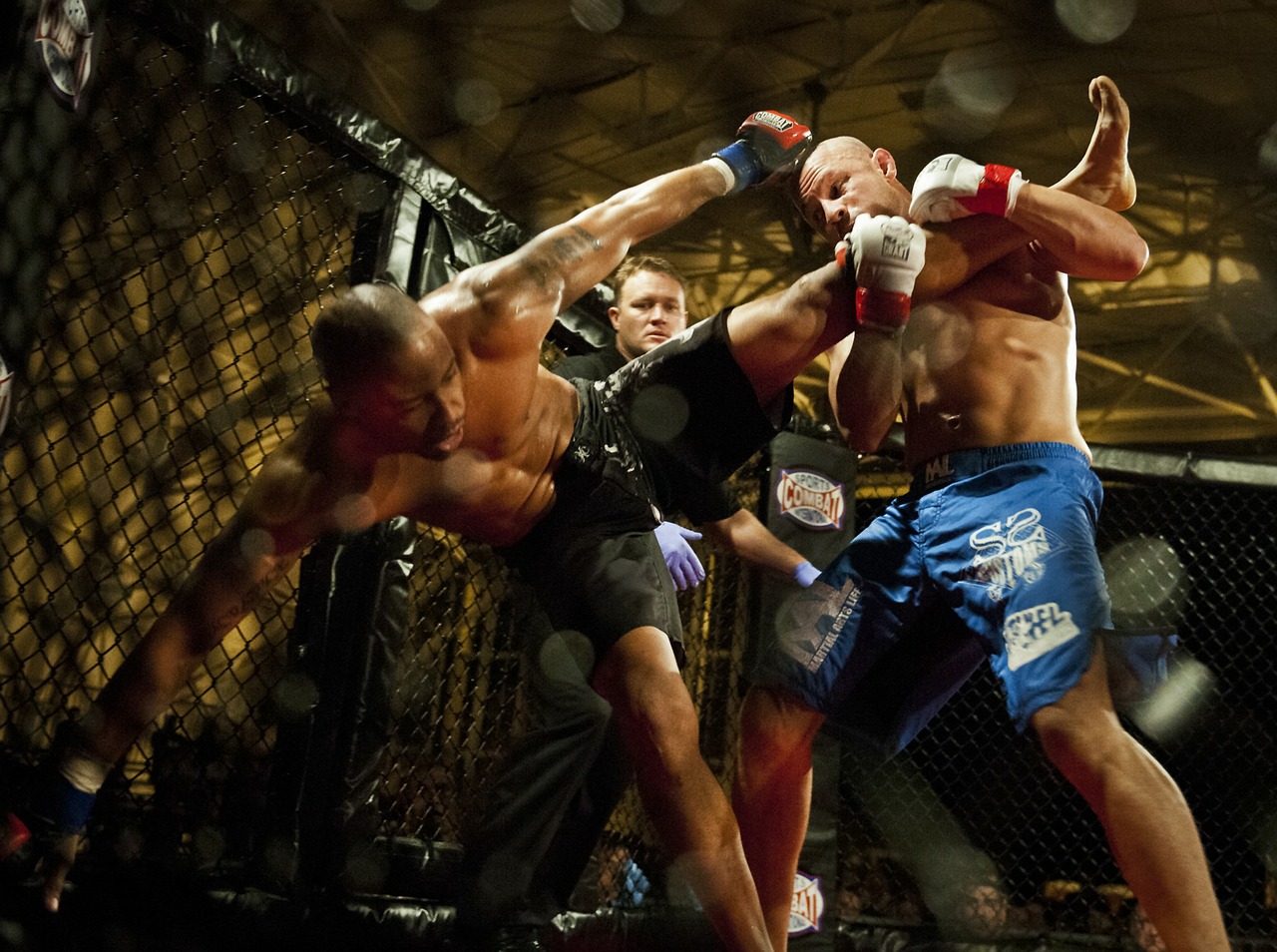By Vikram Amritraj
One hundred million people tune in every month to watch their favorite players go head to head online and on ESPN. Stadiums around the world sell out in minutes when an event comes to town. The superstars of this sport make seven figures for winning a single tournament (that’s not even including the lucrative sponsorship opportunities from companies itching to get in on the action). You may think I’m talking about baseball or basketball, but you’d be wrong. This sport brings in more viewers for a single tournament than the World Series and the NBA Finals combined. What I’m talking about is something called “e-sports” and if you don’t know about it yet, rest assured you will soon.
E-Sports is essentially competitive online video gaming. Players form teams, sign online, and compete against other teams for the ultimate glory of victory. Games like Riot’s League of Legends and Blizzard’s Starcraft (currently the most popular e-sports platforms in the world) have undoubtedly helped pave the way for a new wave of athletes to gain fortune and fame in the increasingly digital world in which we live. It’s easy to see how this new industry is a brilliant way to capitalize on the growth of the video game industry as well as breakthroughs in audiovisual and internet capabilities; however, the classification of video gaming as a “sport” has caused controversy, especially now that colleges and universities are beginning to award scholarships to e-sports competitors through their athletic departments.
Pro-Gaming Goes Amateur
In the fall of 2014, Robert Morris University started a new conversation in the e-sports world when it became the first college to offer e-sports scholarships. Now, in the fall of 2015, University of Pikeville in Kentucky will officially become the second. It’s important to note that while these are the only schools offering scholarships, thousands of other students in other colleges across the nation have formed non-scholarship teams that compete in collegiate events as well. This booming popularity in the collegiate arena is causing waves again as this year’s e-sports milestone is undoubtedly the recent announcement that ESPN will live broadcast the first ever collegiate e-sports tournament.
“Heroes of the Dorm” is based on Blizzard’s free to play online platform “Heroes of the Storm” and is open to all college students across North America. Over $450,000 in tuition money and prizes will be awarded throughout the tournament, and all the action will be televised through ESPN. Proponents of the e-sports world have touted its meteoric rise in recognition as a well-deserved and beneficial step towards understanding and appreciating the talents of gamers around the world. However, athletes who compete in traditional sports have spoken up against the rising sentiment that online gaming should be classified as a “sport” in the collegiate atmosphere.
So, what’s the big problem with categorizing video gaming as a sport? After all, it requires skill, teamwork, quick reflexes, dexterity, study, and countless hours of practice to become a world class player. When it comes to appropriating valuable college funds, administrators’ traditional notions of “athleticism” quickly turn the conversation into a heated debate. But there is another, perhaps more compelling reason to take a step back for a moment and look at the debate through the lens of intellectual property laws. Currently, all the major sports today like football, basketball, and soccer are not “owned” by anyone in the traditional sense. Anyone can play the sport freely, organize a sports league, and broadcast their play of the sport without repercussion. This is the inherent difference in e-sports: companies own copyright in these video games and therefore retain the exclusive rights of copyright owners set forth in 17 U.S.C §106.
The Future of e-Sports
Right now this doesn’t seem to be much of an issue, mainly because Riot, Blizzard and other copyright holders of e-sport games have made the conscious decision to provide free online access to anyone who wants to play. If colleges begin to increasingly offer scholarships to students across the nation, an infrastructure will be created where institutions, parents and students rely on e-sports as a stable scholastic opportunity with potential for real monetary and academic benefit. Little leagues, grade schools and high schools could begin investing capital for their own mini e-sports gaming departments in the same way schools do for current high profile sports like football, baseball and basketball. As this happens, the content providers will undoubtedly gain more leverage and their position in changing licensing terms and access costs will become far stronger. Furthermore, because gaming companies are copyright holders of these “sports”, unfair bargaining power could be a dangerous thing, especially with hundreds of thousands of students’ hopes and dreams in the balance. For example, imagine a situation where simply playing the game of basketball at the park nearby with some friends would require you to sign a license agreement and a monthly subscription.
This potential future will not necessarily happen any time soon, probably because e-sports is still a fluid concept, and gaming entities are most likely benefiting more from the enormous publicity from the free platform model than they would under a pay-to-play scheme. However, one thing is certain: as opportunities for e-sport athletic scholarships will continue to grow, content providers will have more power and litigation will be required to promote a fair framework of operation.. Even at this early stage in the e-sports business, infringement litigation is brewing between two e-sports broadcast outlets, the outcome of which will have serious implications for how viewers will access content.
Given the multitude of issues and potential for harm that may arise from holes in the current e-sports structure, it is probably best that academic institutions further study the legal implications of operating collegiate online gaming teams like other traditional sports. While the benefits of online gaming scholarships favor inclusion into the athletics department, doing so without acknowledging or preparing for the unique legal issues of copyrighted e-sports may place academic institutions in a position of legal powerlessness when negotiating with gaming companies in the future. Instead, institutions should take the time to address these issues with gaming companies now, before they place too much reliance on a large gaming-scholarship infrastructure and most importantly, before the institutions and their student-gamers lose their leverage in the business. Opening the dialogue and fixing the holes now just might be the difference between e-sports’ eventual identity as a passing fad or as a sustainable phenomenon.




